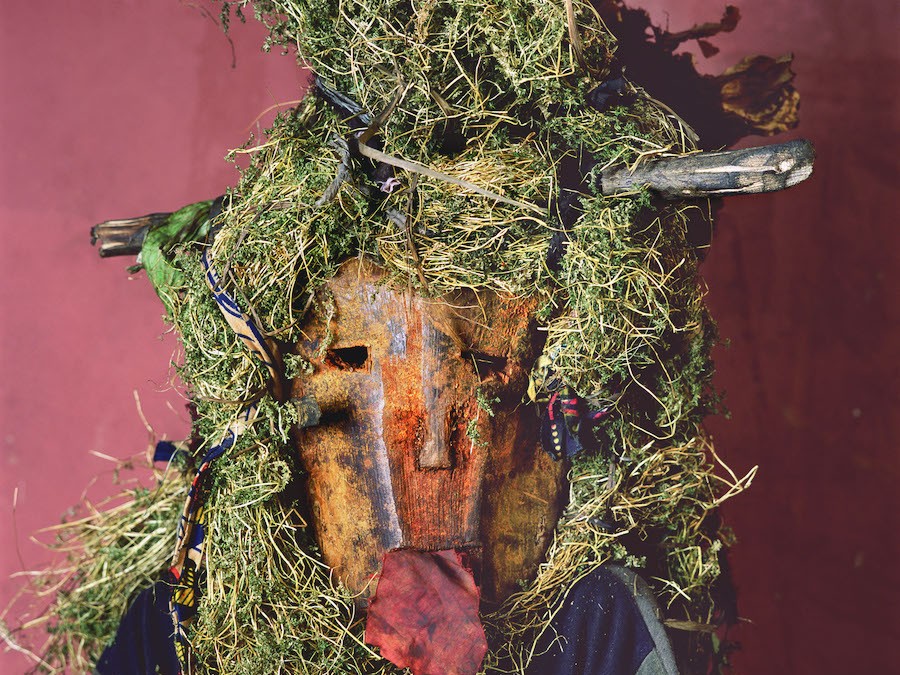Share this!
How To Plan Your Visit to Africa
Africa conjures up visions of safaris, the big cats, towering giraffes, and vast savannas. However, there is more to Africa than wildlife, and lush vegetation. Africa has a diverse topography that includes beautiful lakes, massive waterfalls, endless pristine beaches, spectacular sunsets, rock art sites and famous UNESCO world heritage sites. There is so much to see and do in Africa that it can only be done in sections. So whether you visit select locations in South Africa, do a Kenya safari or visit the sites of Northern Egypt; you need to plan carefully and perhaps consult a tour operator in your country.
Plan Your Itinerary
Africa offers diverse travel options – wildlife viewing at national parks, boat safaris and 4WD game safaris, snorkelling and windsurfing, swimming and kayaking, UNESCO world heritage sites of rock art, pyramids and tombs, Natural Wonders of the world /Africa like the Victoria Falls and legendary Serengeti migration; adventure activities, photography, and more. So plan your itinerary and destination, to decide which month to travel to make the best of the travel plan.
When To Go
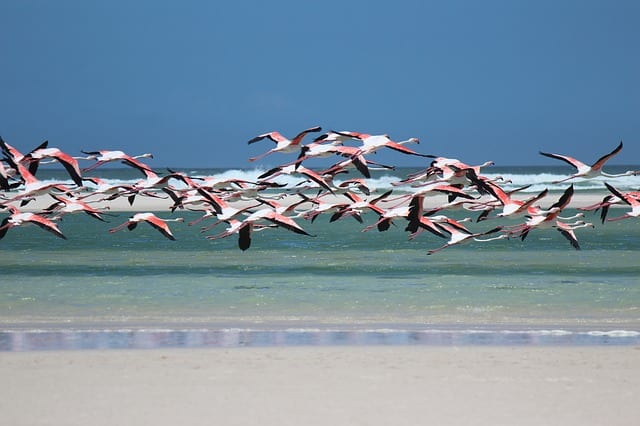
There is no one best time to visit Africa. Each season has its own advantages and each destination its appeal. Once you have planned your destination or travel itinerary, plan your trip to match the season.
The seasons in Africa are two; hot, dry summers and rains. December to March is summer with short periods of rain. November to February is an ideal time to see the wildebeest migration to the Serengeti plains (Tanzania). January-February is great for the unique “pink” spectacle of flamingos at Lake Nakuru (Kenya). This is also the best period to plan a trek to Mt. Kilimanjaro. If gorilla trekking is your kind of thing, this is ideal weather to see gorillas en masse at Rwanda and Uganda. This is also a good period to visit Egypt, Ghana, Johannesburg, and Cape Town.
While April to June is hot and humid, with torrential downpours in many regions of Africa; it is also when the terrain is lush green. The forming of herds for the Serengeti migration begins, and is worth witnessing. Ngorongoro Crater and Lake Malawi (Tanzania), Kenya and Botswana are other places to visit during these wet months.
July to November is the dry season with mild temperatures, ideal for classic safari adventures, and most destinations – Serengeti, Masai Mara, Zanzibar, Kenya, Durban, Johannesburg.
Before You Go
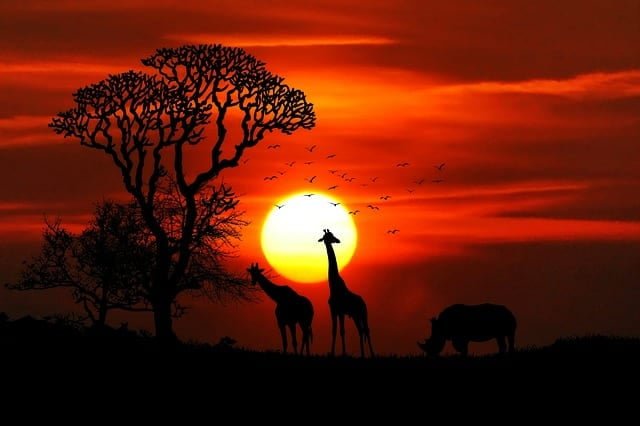
Visa – Although most nationalities require a visa to enter African countries, citizens of UK, USA, Canada and Australia can avail of a 3-month tourist visa-on-arrival or in advance from the embassy. Visiting norms vary for countries, so if you are planning a multi-country visit you need to check it out before going. Visa-on-arrival at borders is more easily obtainable now. At most places the crossover is smooth, although it may involve bag searches and some waiting.
A valid passport with at least six months validity is a mandatory requirement.
Vaccinations – This is perhaps the most important requirements of a travel plan for Africa. Travelling to Africa requires a good understanding of the associated risks, and taking the necessary measures. The process begins with your travel insurance, followed up with a consultation with your GP for vaccinations and preventive medications, as some vaccines take several weeks for full effect. This is a great resource to check out the country-wise health risks for hazards associated with your African travel destination. For destination-specific vaccines, the Center for Disease Control is a good resource.
Vaccine requirements also depend upon your age and health condition, country of travel, travel itinerary, whether safari is planned, place of stay and associated risks. Selective areas and parks are prone to risks of plague, sleeping sickness, and tuberculosis, so you may want to look this up and take the necessary vaccinations.
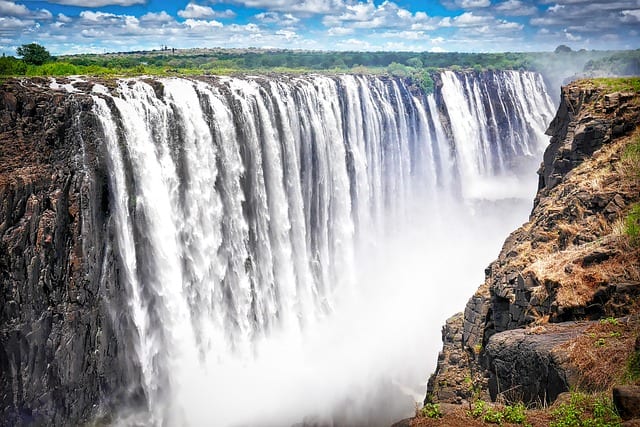
What to pack – Your packing checklist depends upon your travel plan. A safari adventure has different requirements from a visit to urban Durban or seaside Cape Town.
A general medical/first-aid kit would include:
Strong bug sprays, insect repellents, anti-itch lotions, external analgesic, mosquito netting, high SPF sunscreens, ointments for sunburn, sprays and ointments for sprains, stretched muscle, water purifier tablets, band aids and gauze for cuts and wounds, wet/alcohol wipes, hand Sanitizers, antibiotic ointments, single use thermometer.
Medicines include anti-allergy medicines; emergency medicines for pain, intestinal relief, traveller’s diarrhoea, travel sickness, fever, prescription medicines for the entire duration, prescription pills for malaria and Tami-flu.
Clothes and/or safari gear include sturdy, worn-in and laced walking shoes; earth-toned clothes that blend with surroundings; clothes that cover arms and light-weight layers including warm wear for night time; hats and sunglasses.
DIY or organised tour – Unless you are planning a short standalone trip to urban destinations like Cairo, Durban, Johannesburg or Cape Town; a DIY is not an option for Africa travel. Safari adventures are best planned with specialised safari organisers who arrange end-to-end safari adventures in that country or national park. Some of the safari camps also take care of your travel arrangements besides stays and guided safaris; so you may also make direct contact. As terrains in Africa are harsh, and much of your travel is by road; through wilderness and wildlife-dense regions; planning a trip to Africa is about a planned organised tour. Most safaris or cities are in proximity of heritage sites, natural lakes, mountain regions and sea beaches. So booking an all-inclusive package tour is a good idea.
Are you planning a safari adventure?
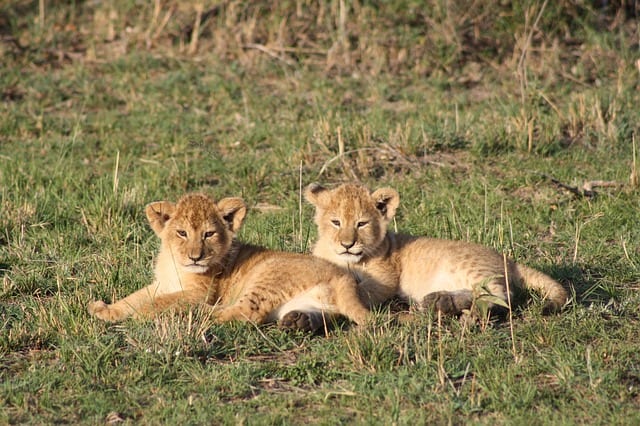
If you are planning a safari choose your safari destinations to suit your preferences. From swamps to vast savannas, night safaris to bush horse rides, canoe safaris and hot air balloon rides; an African Safari is the most diverse adventure in the heart of untamed nature.
The secret to an amazing and safe safari experience is to equip yourself with information that can insulate you from the dangerous rigors of wild and remote locations. Plan your safari itinerary, camps and national parks to visit, and be updated with travel advisories.
In Africa, ultimately it is your tour operator who is the best go-to person for your Africa travel plans.






